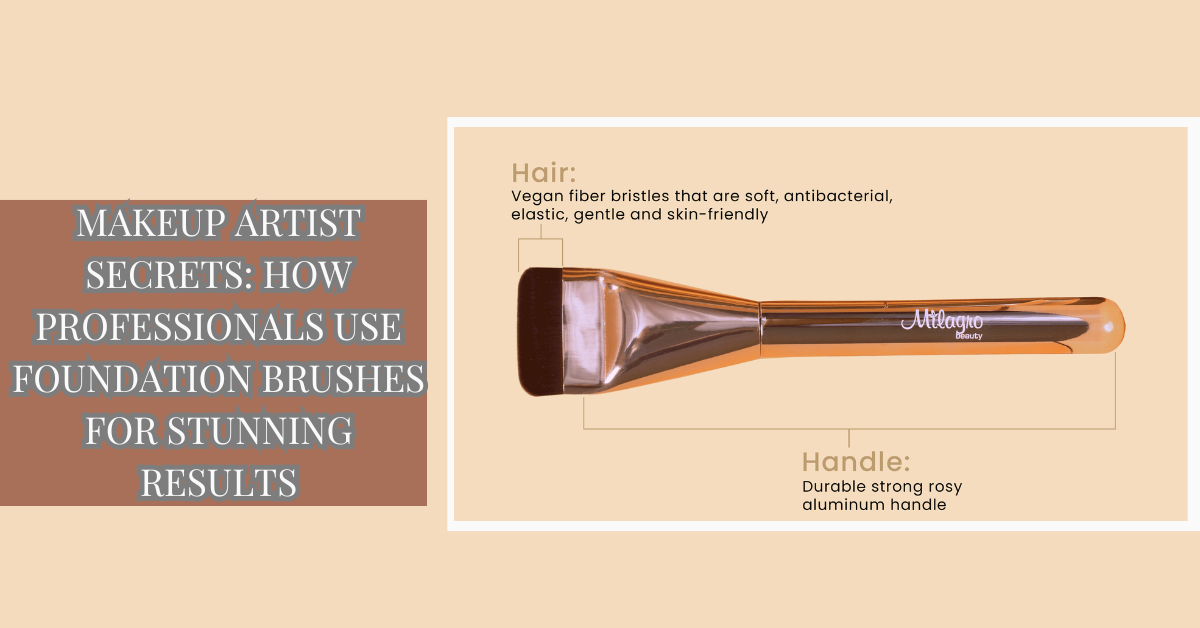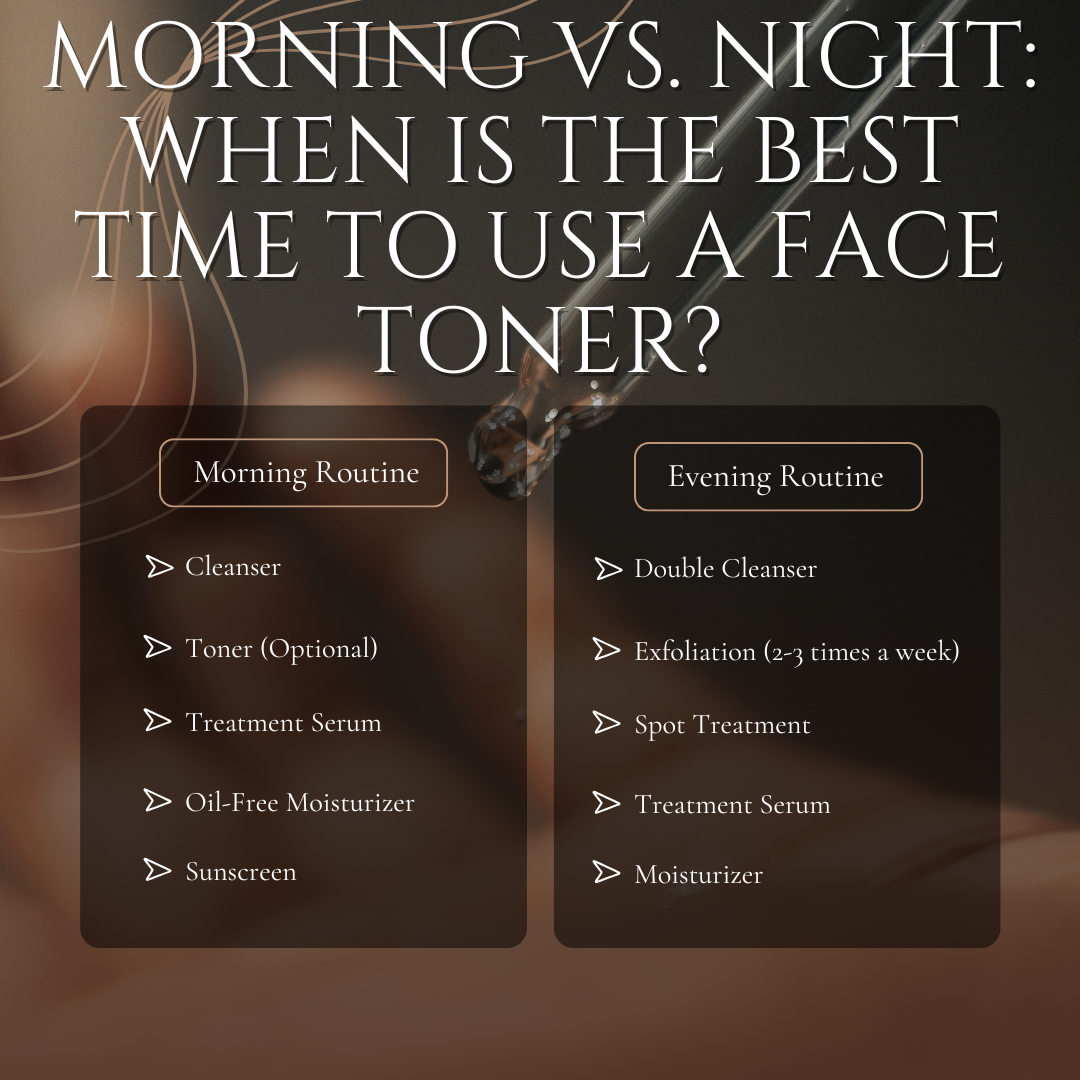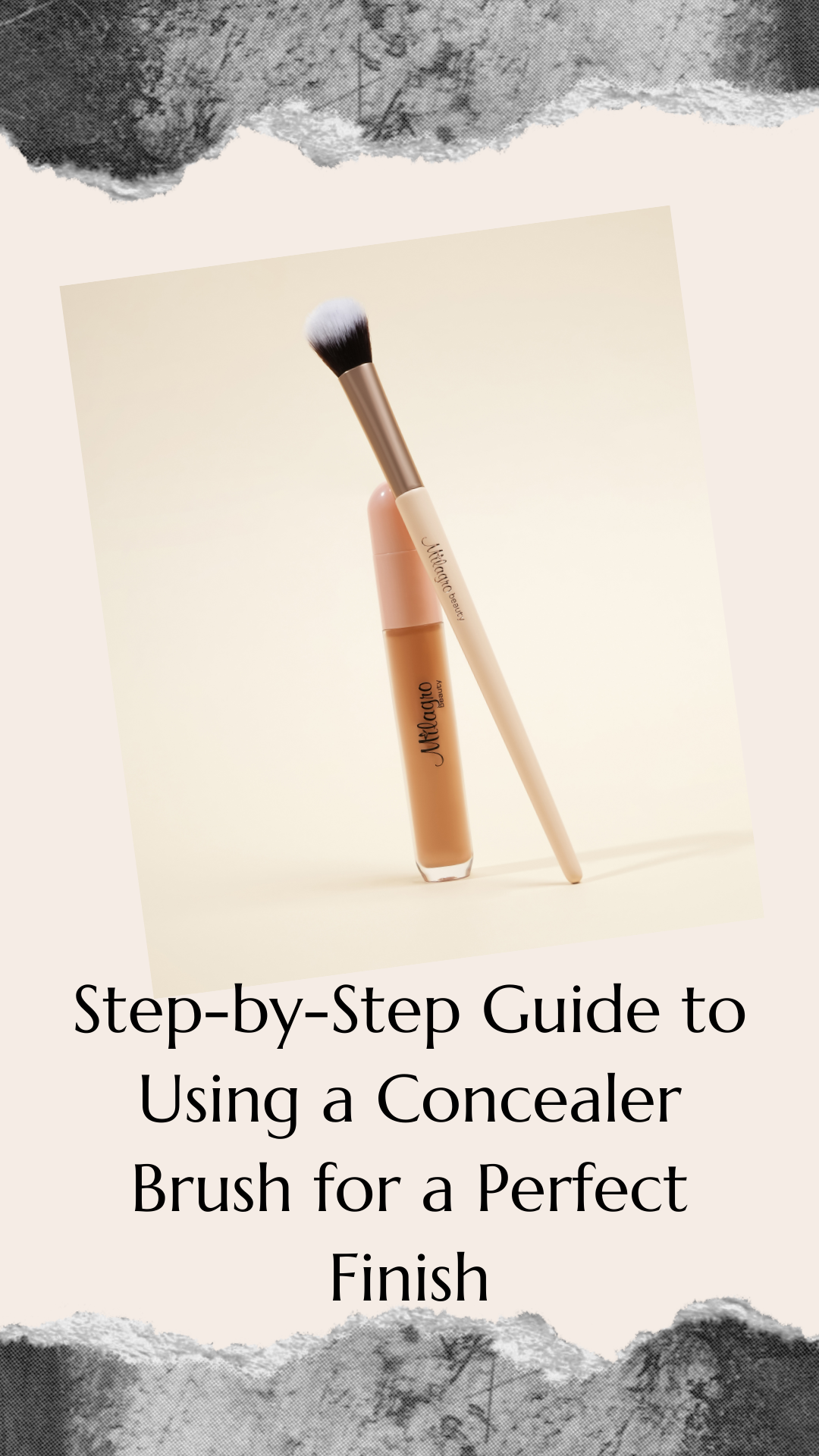 Google Ads Done Right – More Clicks, Less Waste!
Google Ads Done Right – More Clicks, Less Waste!
Intimate Wash for Women: Myths vs. Facts You Need to Know
Written by Milagro Beauty » Updated on: June 17th, 2025

Intimate hygiene is a topic that can often be surrounded by confusion and misconceptions. Among the growing number of products marketed for women's health, intimate washes have become an integral part of many women's hygiene routines. But with the rise in popularity has also come an increase in myths that can mislead women into making decisions that may not be the best for their intimate health.
This blog aims to clear up the confusion by busting the myths associated with intimate washes for women and providing you with the facts you need to know. Understanding the right products for your body can help you make informed decisions, ensuring your hygiene routine supports your overall health and comfort.
What Is Intimate Wash?
Before we get into the myths and facts, it's important to understand what an intimate wash is and what it does. An intimate wash is a specially formulated product designed to clean the vaginal area. Unlike regular soaps or body washes, intimate washes are pH-balanced and often contain mild, skin-friendly ingredients to maintain the vagina's natural health.
Your vaginal area is delicate and has a natural defense system that helps keep harmful bacteria at bay. The vagina is self-cleaning, which means it produces a natural secretion that helps flush out unwanted substances. An intimate wash helps support this process without disturbing the sensitive balance of good bacteria.
Myth 1: Intimate Wash Should Be Used Every Day
One of the most common myths about intimate washes is the belief that they should be used daily to maintain hygiene. This idea may be tempting, especially when many products on the market claim to be gentle enough for daily use. However, overusing intimate washes can lead to unnecessary irritation.
Fact: Overuse of Intimate Washes Can Harm Your Vaginal Health
Your vagina is self-cleaning, and its natural discharge helps to cleanse the area and maintain a healthy pH. Overuse of intimate washes, especially those that contain harsh chemicals or fragrances, can disrupt this delicate balance. Using an intimate wash every day can strip away the natural oils and bacteria that protect the vaginal area, making it more susceptible to infections like yeast infections or bacterial vaginosis.
In reality, intimate wash should only be used when necessary—during menstruation, after sexual activity, or after heavy physical activity, for example. It’s important to allow your body to maintain its natural cleaning process without over-interfering.
Myth 2: All Intimate Washes Are the Same
Given the wide variety of intimate wash products available on the market, many women assume that all intimate washes are formulated in the same way. After all, they all promise to clean and maintain hygiene, so how different could they be?
Fact: Different Intimate Washes Are Designed for Different Needs
Not all intimate washes are created equal, and some are formulated to address specific concerns. For example, some intimate washes may target dryness with hydrating ingredients like aloe vera or glycerin, while others are designed to balance pH levels with ingredients like lactic acid. Women with sensitive skin may benefit from fragrance-free intimate washes with gentle ingredients, while others may opt for a product designed to combat odor or irritation.
It’s crucial to choose an intimate wash that suits your skin type and personal needs. For instance, if you have sensitive skin, a mild, hypoallergenic formula with minimal ingredients is a better choice. On the other hand, if you experience discomfort or irritation frequently, look for products that target these issues with soothing ingredients like calendula or chamomile.
Myth 3: Intimate Wash Can Treat or Prevent Infections
There’s a common misconception that intimate washes can cure or prevent vaginal infections like yeast infections or bacterial vaginosis. This myth is misleading and can result in improper use of products in place of actual medical treatment.
Fact: Intimate Wash Is Not a Treatment for Infections
While intimate wash products can help maintain hygiene, they are not designed to treat infections. If you notice symptoms like itching, unusual discharge, a burning sensation, or an unpleasant odor, it’s important to see a healthcare professional. These could be signs of an infection that requires medical treatment. Using an intimate wash in place of proper medical care may worsen the situation, as it could disrupt the natural balance of the vagina further.
Most intimate washes are designed to clean and support the pH of the vaginal area, but they are not a substitute for medication. If you're concerned about recurring infections or discomfort, consult with your gynecologist to determine the underlying cause and appropriate treatment.
Myth 4: Fragrances in Intimate Washes Are Safe and Beneficial
Many women are drawn to the fresh, floral scents of intimate washes, assuming that the fragrance adds extra benefits. In reality, fragrances in intimate hygiene products can be a major irritant.
Fact: Fragrances Can Cause Irritation and Sensitivity
Fragrance is often the culprit behind allergic reactions or irritation when it comes to intimate washes. While a scented product may seem appealing, it can cause issues such as itching, redness, or even increased sensitivity in the vaginal area. Since the skin around the vagina is highly sensitive, the presence of artificial fragrances or harsh chemicals can disrupt the natural balance, leading to discomfort.
For women with sensitive skin or those prone to allergies, it’s best to choose fragrance-free intimate washes or those with naturally derived scents like chamomile or lavender. Always be mindful of how your skin reacts to a product, and opt for gentle, hypoallergenic formulations that won’t trigger irritation.
Myth 5: Soap Is Just as Good as Intimate Wash
Another myth is that regular soap can be used to clean the vaginal area just as effectively as an intimate wash. While soap may work well for your body, it can be too harsh for the delicate vaginal region.
Fact: Soap Can Be Too Harsh for the Vaginal Area
Soap is formulated for the skin on your body, and many soaps contain ingredients that can disrupt the natural pH of the vaginal area. Soaps can contain strong detergents, alcohol, or fragrances that can strip the skin of its natural oils and irritate the sensitive skin around the vagina. Using regular soap regularly can increase the risk of dryness, itching, and infections.
Intimate washes, on the other hand, are formulated specifically for the vaginal area, with a balanced pH and gentle ingredients. They cleanse the area effectively without interfering with the natural flora or irritating it.
Myth 6: Intimate Wash Is Only Necessary for Women with Sensitive Skin or Health Issues
Some women assume that intimate washes are only necessary for women with sensitive skin or health issues, like frequent infections or irritation.
Fact: Intimate Washes Are Beneficial for All Women
Intimate washes are suitable for all women, not just those with specific health concerns. Even if you don’t suffer from sensitivities, using an intimate wash can help maintain the natural balance of your vaginal flora. External factors like sweat, pollution, and even hormonal changes can affect the vaginal area, so using an intimate wash can help keep it clean and fresh.
Whether you have sensitive skin or not, an intimate wash is a gentle way to support your overall intimate health. Just be sure to select one that is appropriate for your skin type and needs.
Myth 7: You Don’t Need an Intimate Wash if You Don’t Have Odor or Discomfort
Some women think that as long as they don't experience discomfort or unpleasant odor, they don't need to use an intimate wash.
Fact: Hygiene Maintenance Is Still Important Even Without Symptoms
Even if you don’t experience symptoms like odor, discomfort, or itching, it’s still important to maintain proper hygiene in the vaginal area. Intimate washes help remove sweat, bacteria, and impurities that may accumulate in the area, ensuring your overall vaginal health. Maintaining a healthy pH and a clean environment helps prevent potential issues from developing later on. A healthy hygiene routine is not just about addressing discomfort when it arises; it’s about prevention and proactive care.
How to Choose the Right Intimate Wash
Now that we've separated myths from facts let’s talk about how to choose the right intimate wash for you. There are a few things to keep in mind when selecting a product:
- Look for a Balanced pH: The vaginal area has a naturally acidic pH that ranges between 3.5 and 4.5. Look for a product that is pH-balanced to maintain the health of the area and prevent irritation.
- Opt for Natural, Gentle Ingredients: Choose intimate washes that use natural, non-irritating ingredients like aloe vera, chamomile, and calendula. Avoid products with harsh chemicals, alcohol, or artificial fragrances.
- Consult with a Gynecologist: If you’re unsure about which intimate wash is best for your needs, speak to your gynecologist. They can guide you based on your skin type, health concerns, and personal preferences.
- Avoid Overuse: While intimate washes are beneficial, they should not be used excessively. Your vagina has a self-cleaning mechanism that works best when left undisturbed. Use the wash as needed, but don’t overdo it.
Conclusion
Intimate wash products are an excellent tool for maintaining vaginal hygiene, but it’s important to be aware of the myths and misconceptions surrounding them. By understanding the facts, you can make informed choices about your intimate health and hygiene.
Choosing the right intimate wash for your body, using it sparingly, and ensuring you select products with natural, gentle ingredients will help maintain a healthy pH balance and prevent irritation. Remember, your body is unique, and finding a product that suits your needs is key to feeling comfortable and confident.
Taking care of your intimate health is just as important as any other aspect of your overall well-being. By separating myths from facts, you can confidently incorporate intimate washing into your hygiene routine, knowing that you’re supporting your body’s natural health.
Note: IndiBlogHub features both user-submitted and editorial content. We do not verify third-party contributions. Read our Disclaimer and Privacy Policyfor details.
Copyright © 2019-2025 IndiBlogHub.com. All rights reserved. Hosted on DigitalOcean for fast, reliable performance.















